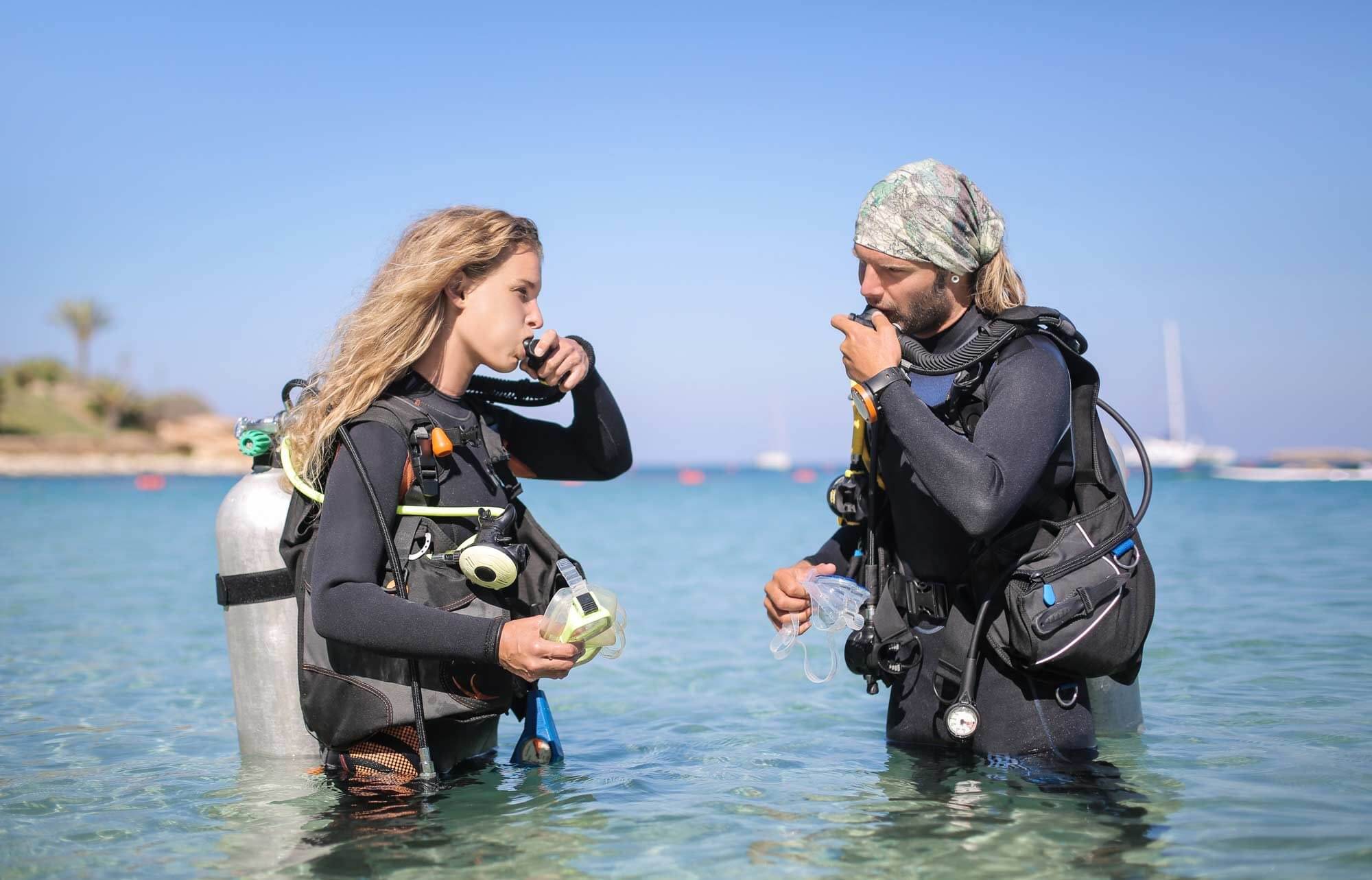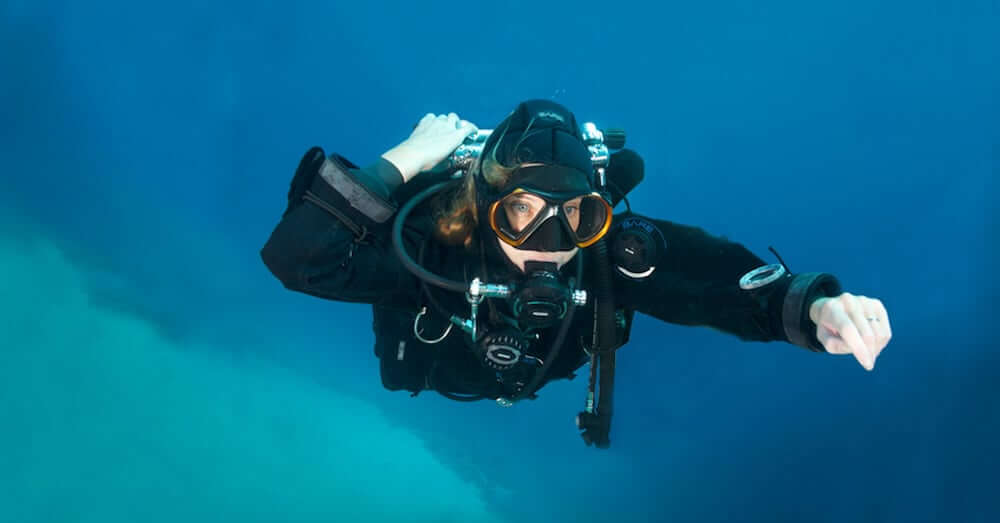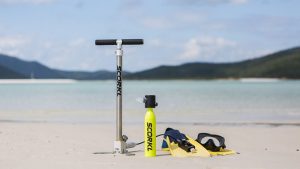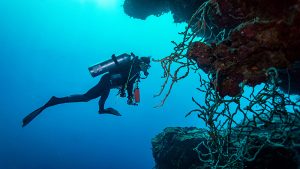Being underwater is one of the most exciting experiences you will enjoy as a newbie diver. However, you should allow emotions to get the better of you, since you can make life-threatening mistakes under the water. Even pro divers were also new learners and they did some of the mistakes at least once or twice. Luckily, this write up will cover some of the top diving mistakes and how you should avoid them.
- Forgetting To Conduct A Buoyancy Check
As I mentioned earlier, new divers tend to get carried away by feelings and the excitement of the marine flora and fauna to an extent of skipping the buoyancy checks. If you have been undertaking a diving course, you probably know that there are a couple of factors that affect buoyancy. This includes losing weight, the type of wet suit you are wearing, type of BD and whether you are diving in fresh or salt water.

These factors will determine whether you are under-weighted or over-weighted throughout your dive. In most case when your weight is incorrect, you will tend to exert excess energy and as a result consume more air or, have a wild ascent. Make sure you always perform a buoyancy check in order to be safe and avoid marine life injuries.
- Diving Beyond Your Limits
It does not matter whether you are a rookie or experienced diver, you must stick to your lane. As much as diving is fun, it is imperative to get proper training before attempting any dive site above your qualification. Biting more than one can chew is one of the top diving mistakes that people make.
Newbie divers tend to get over excited when exploring new dive site to an extent that they forget to stick to the recommended depth. Always keep in mind that diving beyond your skill level will endanger your life.

- Inappropriate Buddy Communication
For you to stay safe under the water, you must maintain a buddy check every time. Before you embark on a dive, always ensure that your diving buddies are familiar with hand signals. Make sure you agree on the signals to avoid confusion. I always recommend divers to stay close to their diving partners and keep tabs on their gauges.
- Ignoring Air Consumption
Pro and newbie divers often forget to check their air consumption when diving. I often recommend guys to check on their gauges every five minutes in order to stay prepared. Running out of air is the worst thing that would happen if you are 100 feet deep in the waters.
- Lack of Concentration
Sometimes, you may find yourself focusing too much at marine life that you easily lose concentration. It is important to always maintain situational awareness otherwise you might lose your group or get carried away by currents without knowing.
- Quick Ascents
My scuba instructor taught me that one should ascend to the surface in a slow speed. New divers always find themselves ascending too quickly which has serious consequences. Rapid ascents are difficult for beginners to control and may result to stressful situation under the water. The recommended ascent speed is 18 meters per minute.
- Avoid diving when feeling unwell or unhealthy
Diving should be a fun and safe experience. However, some divers cannot afford to miss a planned dive even when sick. It is important to note that diving when you are unwell or under medication is risky and dangerous. For instance, diving with a cold may affect your balance and the ability to equalize. Also, diving with amounts of alcohol present in your body is inappropriate. This can lead to dehydration, which is a contributing factor for decompression sickness. You should also avoid smoking because this is unsafe.

- It is unsafe to walk around wearing your scuba fins
It is so unfortunate to find many newbies and experienced divers walking around with their fins on the beach. You should wear your diving fins at the water’s edge. In case you must walk on scuba fins, make sure that you do so carefully to avoid tripping over. Not recommended though!
- Skipping the pre-dive safety check
Most newbies and experienced divers omit the pre-dive safety check regularly. This is the best and simplest ways to avoid a diving accident. This check is very effective and takes the shortest time possible to perform before getting in the water. This is very important and you should not miss it just before entering the water because it can help save your life.
- Always log your dives
Do you always log your dives before getting into the water? Well, there is no big deal with not logging your dives but you may find it useful if you need to record any information from your diving experiences. This is a perfect way to store memories of your different certification and destination when diving.
Diving should be fun and safe. Being an active participant in your own dive as well as being responsible for your own safety is very important. You should also take notice of landmarks and directions while diving. This helps to keep you and your people safe as well as making your diving adventure more enjoyable.
These are just a few of the top diving mistakes that people make. Which other one do you think we should add? Have fun in the wet, but do it responsibly.






